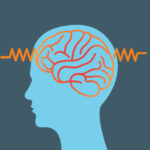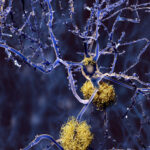Researchers associated with the American Academy of Sleep Medicine uncovered a strong correlation between chronic nightmares and cardiovascular disease among military veterans. The study appeared in the journal Sleep.
In the diagnosis of post-traumatic stress disorder (PTSD), nightmares are a hallmark symptom, oftentimes co-occurring with other sleep-related problems.
In their new findings, researchers recruited and studied more than 3,000 former military personnel nearing mid-adulthood. A questionnaire was administered to gather medical history and frequency of nightmares. Episodes of nightmares were considered frequent if they occurred at least 2 to 3 times a week.
Among the participants, only 30 percent met the criteria for a PTSD diagnosis during clinical interviews.
According to researchers, nearly 32 percent of the participants experienced frequent nightmares which co-occurred with high blood pressure and cardiovascular complications. The co-occurrence was evident among the former military personnel even after controlling for PTSD.
“Our cross-sectional findings set the stage for future research examining the possibility that nightmares may confer cardiovascular disease risks beyond those conferred by PTSD diagnosis alone,” said Christi Ulmer, co-author of the study.
“If longitudinal research demonstrates a causal role for nightmares in cardiovascular disease risk, nightmare treatment could be a strategy for improving cardiovascular health.”
“Additional research is needed to explore mechanisms explaining these associations and determine if reducing nightmare frequency and severity results in improved cardiovascular health,” the co-authors inferred in their findings.


